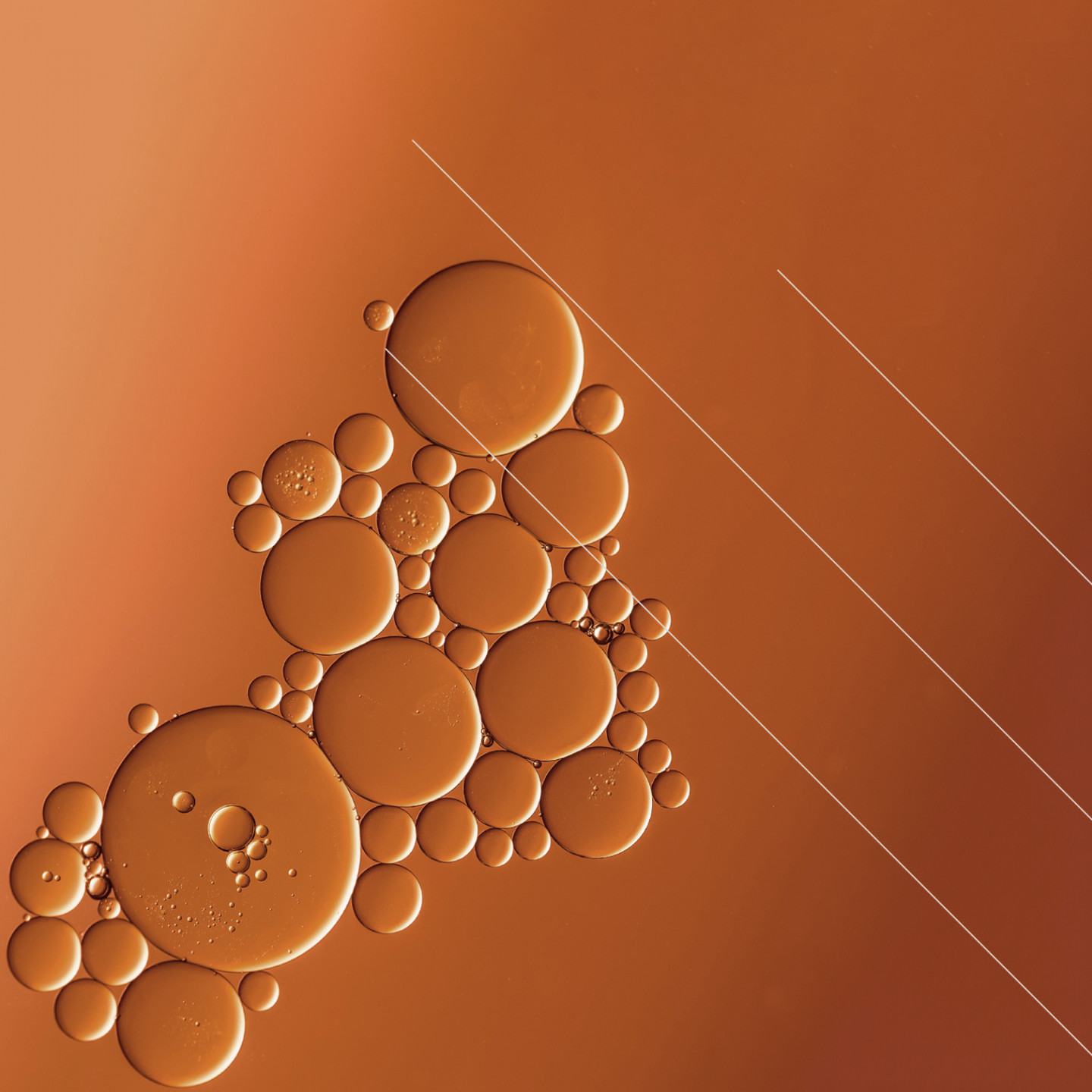
Key takeaways
- Reframe scarring: remind yourself that scarring is your body’s natural way of healing. It can take up to two years for a wound to heal completely.
- Help your scar to heal: keep it out of the sun or use a high SPF, drink lots of water, and eat a balanced diet of carbohydrates, fats and proteins. Combine topical creams and massage daily.
- Look out for: swelling, discharge, redness, pain or heat. If you experiencing any of these, contact your primary care team.
After cancer surgery, scarring is often a visual representation of where you have been, and where you are now. This reminder can be painful, both physically and mentally, so how can you best recover inside and out?
We spoke to three Perci healthcare professionals – a cancer specialist nurse, physiotherapist and dietitian – about reframing scarring as part of the body’s natural healing response and how you can aid your body while it mends.
How long does it take for a scar to heal?
“The healing process begins almost immediately following surgery or a dermal injury. The total time to mend can take up to a year or two while the skin undergoes various phases of healing”. Chloe Cruikshank, Perci Expert
“The total time to mend a scar can take up to a year or two while the skin undergoes various phases of healing”.
Chloe Cruickshank, Perci Expert
Why do some scars take longer to heal than others?
“Firstly, scarring is very normal following a cut or incision as it is part of the body’s natural healing response. If the trauma is mild, for instance a scrape on the arm, we often don’t notice the scarring, however, surgery and sometimes repeated surgeries in the same area can result in a buildup of scar tissue. Like hair, our scar tissue is unique to us and can be tougher and cause more symptoms in some people compared to others.” Louise Malone, physiotherapist
Which foods are best to aid the healing of a scar?
“First and foremost, it is important to stay hydrated as dehydrated skin can often be fragile & reduce blood circulation resulting in less nourishment for your wound.

By maintaining a balanced diet, which includes carbohydrates, fats and proteins, your nutritional intake will help facilitate scar healing. Protein for instance is key to optimise healing and helps with collagen synthesis. Key protein sources include meat, fish, poultry, eggs, nuts & seeds, beans & pulses, tofu, soya, yogurt, and milk.
Many vitamins are involved in wound healing and it is therefore important to get a variety of them into your diet through wholemeal grains, lots of fruit and vegetables, dairy products (milk, yogurt, cheese), protein sources as mentioned above and healthy fats including vegetable oils, avocados, nuts and seeds, plus oily fish, like salmon, mackerel, sardines”. Victoria Nelson, dietitian
Can supplements help scarring recovery?
“Supplements may help if you are finding it difficult to get a nutritionally balanced diet. A general A-Z multivitamin could be beneficial if you feel you are struggling to eat an adequate amount of food. A specialist cancer dietitian is best placed to assess your dietary intake, nutritional status and to identify any areas which may require supplementation, so check with them first.
Important vitamins for scar healing include, vitamin C, vitamin A, and vitamins B complex. While minerals such as iron, zinc and copper are the main ones involved in wound healing. These would all be in adequate amounts in a general multivitamin so there is no need for high dose individual vitamins and minerals unless you have been advised by your oncology team”. Victoria Nelson, dietitian
“Stay hydrated, dehydrated skin can often be fragile & reduce blood circulation resulting in less nourishment for your wound”.
Victoria Nelson, dietitian
Is the sun beneficial to scars?
“It’s important to keep any new incisions out of the sun as your skin will be prone to burning easily. I recommend using a sunblock with high SPF to protect the skin for up to a year at least”. Chloe Cruickshank, Perci Expert

Do creams and ointments improve the appearance of scars?
“When it comes to the ongoing resolution and healing of scars a combination of massage and topical creams and oils are my personal recommendation. In tandem, these two methods soften scar tissue beneath the incision. It’s important to keep the area well moisturised twice a day, if you can. Following a bath or shower, ensure the area is clean and dry and follow with an emollient.
Oils such as Rosehip have also demonstrated benefits in the reduction and improvement of scars and pigmentation and can be used for as long as you like. I always recommend ensuring you check you have no allergies to specific ingredients. Other topical ointments such as silicone gels may also be used to improve scar appearance and would suggest discussing this with your surgeon first”. Chloe Cruickshank, Perci Expert
Is it ever too late to improve the appearance of a scar?
“In my experience, physios can always help with the appearance, feel and side effects of scar tissue. I have had patients who have benefitted from scar tissue physiotherapy support 15-20 years post-surgery. But if possible, early intervention is preferable to limit any lingering side effects from the scar tissue”. Louise Malone, physiotherapist
“Our scar tissue is unique to us and can be tougher and cause more symptoms in some people compared to others”.
Louise Malone, Physiotherapist
When can I start being active if I have scarring?
“In the early stages you must be gentle and not affect the natural healing process which takes 10-14 days or a little longer if you have had systemic anticancer treatment (SACT). In this early stage, gentle exercises/movements, deep breathing and optimising your posture will be key. After this time, it is advisable to see a physiotherapist who can then progress your movements based on how you are feeling.
Scar tissue can present as pain and or tightness around the area and sometimes people find it hard to take deep breaths or expand their chest if the scar tissue is near the abdomen or trunk. This can affect your range of movement, function, breathing and quality of life. Thankfully, physiotherapy can help with all of these through gentle massage, scar tissue release, stretches, posture strengthening and advice”. Louise Malone, physiotherapist
When should you seek medical attention for a scar?
“Following surgery, your clinician will normally see you 7-10 days after and inspect your incisions for any signs of infection. Depending on the type of operation and scar you have, your team may suggest at this time reducing your dressings and beginning home care.
If during any phase of the home care period you notice any swelling, discharge, redness, pain or heat, get in touch with your team to have this reviewed and to exclude any infection or opening of your wound as soon as possible. Wound infection and dehiscence (opening of the wound) can cause delays in wounds healing and can put extra stress on the individual, so I suggest contacting your team as early as possible if this is the case”. Chloe Cruickshank, Perci Expert
Explore the profiles of Chloe Cruickshank, Louise Malone and Victoria Nelson.
Here at Perci Health, we are here to support anyone that has been impacted by cancer. If you think you or your loved one could benefit from virtual access to high-quality cancer specialists, find out more about our support types or how we help those living with cancer.
While we have ensured that every article is medically reviewed and approved, information presented here is not intended to be a substitute for professional medical advice, diagnosis, or treatment. If you have any questions or concerns, please talk to one of our healthcare professionals or your primary healthcare team.